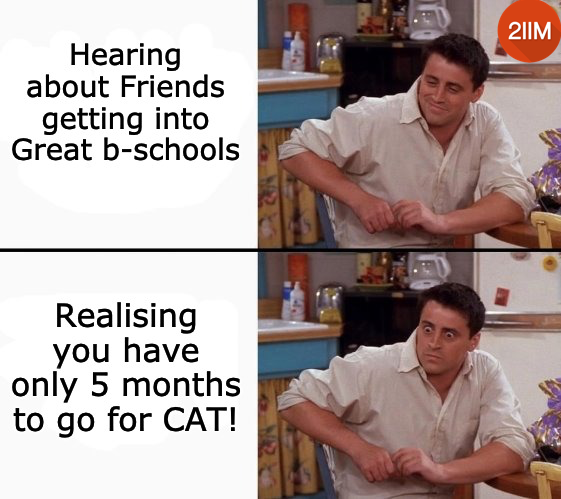CLAT Logical Reasoning
CLAT Logical Reasoning section tests the candidates’ ability to frame arguments based on premise(s), and draw conclusions and inferences. Though the passages do not require as much prowess over the English language as such, the ability to read and comprehend them quickly will come in handy. This section is more about making logical conclusions about an idea, as inferred from the passages.
The following CLAT Logical Reasoning questions have been framed with adequate focus on the difficulty level of CLAT. The passages have been chosen with an eye on diversity of topics and the variety of themes and arguments.
Try these questions out for free, to check your mettle on CLAT Logical Reasoning!
CLAT 2020 Logical Reasoning: LG Polymers Gas Leak
Don‘t miss the cloud behind the silver lining. The Class XII CBSE pass result has soared to
an all-time high of 88.8%. The number of students scoring 95% and above has more than
doubled. If only these higher marks were a reflection of students getting more skilled and
more competitive. Instead, the odds are they simply mirror an assessment scheme relaxed to
compensate students for the many disruptions originating in the pandemic. The goal of
reducing student stress levels during this turbulent time is excellent and laudable. But it is a
fallacy that high marks can accomplish this by themselves. The real stressor, after all, is
shortage of opportunities. When every bout of grade inflation raises cut-offs for higher
education even higher, it is no succour. That India‘s Gross Enrolment Ratio is only 27%
compared to Indonesia‘s 36%, Thailand‘s 49% and the US‘s 88% is just one measure of the
toll taken by our failure to build adequate colleges and universities. Licence raj continues to
suppress autonomy and expansion in this sector. For example, a new national education
policy is reportedly mulling at least 20% of students being able to attend private higher
educational institutions through freeships and another 30% through scholarships, besides fee
caps. On top of the stasis already wreaked by reservations, this would be disastrous.
Browbeating the private sector to make up for public sector deficiencies is counterproductive.
As the pandemic has underlined the key role of good government services in healthcare, so
too is raising the standard of publicly funded schools and universities essential. What the
students need is an ecosystem where government institutions deliver quality education and
private options are plentiful. It is better prospects alone that will best alleviate students‘
stress. Meanwhile, crudely chopping syllabi will only worsen their disorientation and should
be reconsidered.
[TOI Edit, Times of India Editorials, Dated July 15, 2020].
Which of the following statements weakens the argument that chopping the syllabi in the times of Pandemic will only worsen a student‘s disorientation and hence should be reconsidered?
- It does not matter even if syllabi is chopped. The students who don‘t want to study will even not study in the minimal syllabi structure even during the pandemic.
- Students don‘t care about syllabi. They study only for marks and grades.
- Reduced syllabi will help in achieving the teaching-learning targets in due time and hence won‘t put pressure on students.
- All of the above.
Explanatory Answer
If the first statement is true, it means that the syllabi reduction has no effect on the performance of section of students. The second statement, if true, means that students are disoriented because of their attitude towards education and not because of the efficiency and extent of syllabus coverage. If the third statement is true, and if pressure is a significant contributor to lack of performance, then it again weakens the author’s argument that syllabi reduction worsens the situation.



CAT Coaching in Chennai
CAT 2021
Enroll at 49,000/-
44,000/-
Online Classroom Batches Starting Now!

